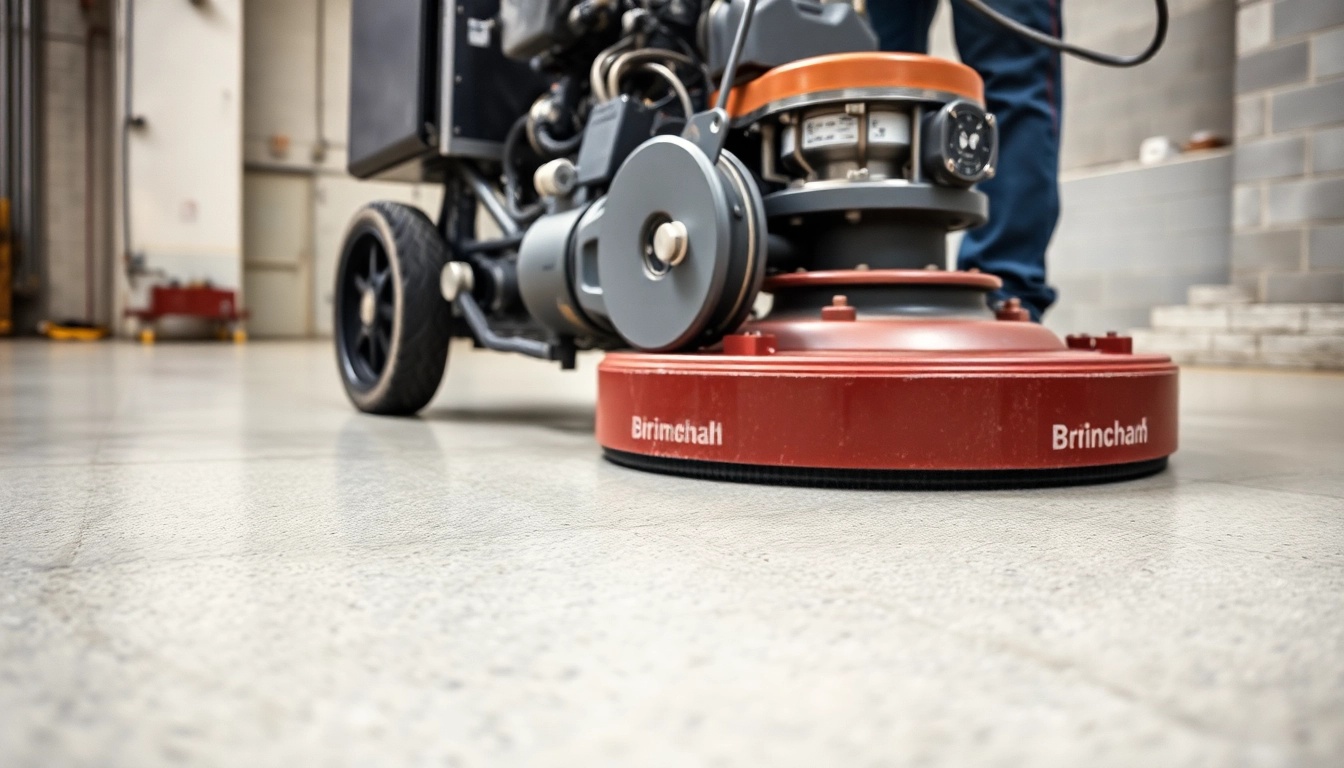Understanding the Benefits of Compactors Rental for Your Project
When undertaking construction, landscaping, or repair projects, achieving a stable, durable foundation is crucial for success. One of the most effective ways to ensure proper compaction of soil, gravel, asphalt, or other materials is through the use of professional-grade compactors. However, purchasing this equipment outright can be a significant investment, especially for short-term or occasional projects. This is where compactors rental services come into play, offering a cost-effective, versatile, and reliable solution for a wide range of needs.
Rental services provide access to state-of-the-art machinery without the financial burden of ownership. Whether you’re laying a driveway, constructing a patio, or preparing a site for green spaces, renting allows you to select the perfect compactor for your specific application, ensuring optimal results while maintaining budget controls. Furthermore, renting reduces concerns about maintenance, storage, and equipment depreciation, making it an attractive choice for professionals and DIY enthusiasts alike.
How to Choose the Right Compactors for Your Needs
Types of Plate Compactors and Their Uses
Understanding the different types of plate compactors is essential to selecting the right equipment for your project. The most common types include:
- Piston or Vibratory Plate Compactors: These are versatile and widely used for compacting soil, gravel, and asphalt. Their vibration mechanism provides a high-impact force that facilitates deep and effective compaction. They are ideal for small to medium-sized areas like walkways and patios.
- Forward and Reverse Plate Compactors: Featuring both forward and reverse motion, these compactors are suitable for areas with tight spaces, such as narrow trenches or around equipment. Their maneuverability makes them practical for complex layouts.
- Paddle or Trench Rammers: These are lightweight, handheld vibratory rammers useful for compacting small areas, trenches, or confined spaces. They excel in compacting backfill around pipes and utility installations.
Size and Power Considerations
Choosing the appropriate size and power output of a compactor directly impacts the efficiency and quality of your project. Smaller, lighter compactors are easier to maneuver and are perfect for small-scale projects or tight spaces. Larger, more powerful models are necessary for larger areas or denser materials, providing deeper compaction with fewer passes.
For example, a 320mm petrol-powered plate compactor may be suitable for residential driveways, while a 400mm heavy-duty diesel compactor might be needed for commercial construction. When considering size, evaluate the area size, material type, and ground conditions to determine optimal equipment specifications.
Rental Duration and Pricing Tips
Determining the right rental duration depends on your project timeline. Most rental companies offer hourly, daily, weekly, or monthly rates. To optimize costs, plan your project carefully to avoid unnecessary overlaps or delays.
For short-term tasks, daily or weekly rentals are often most economical, while longer projects may benefit from monthly agreements. Additionally, inquire about discounts for extended rentals or package deals that include multiple pieces of equipment. Always compare pricing across different suppliers to ensure you get the best value without compromising quality.
Best Practices for Using Compactors Safely and Effectively
Preparation and Site Assessment
Before operating a compactor, conduct a thorough site assessment. Remove debris, large rocks, or loose objects that could interfere with movement or cause damage. Check for underground utilities or obstructions to avoid accidents or costly repairs.
Ensure the ground is properly graded to facilitate uniform compaction. Proper preparation minimizes the risk of uneven settlement, improves material stability, and enhances overall project durability.
Operating Techniques for Smooth Results
Proper operation techniques are key to achieving optimal compaction results. Always follow manufacturer instructions regarding speed, vibration settings, and movement patterns. Use overlapping passes to ensure uniform compaction across the entire surface.
Maintain a steady pace and avoid abrupt starts or stops, which can lead to uneven density. For asphalt or surface layers, perform initial passes at a higher frequency and adjust as needed for final compaction. Wear personal protective equipment, such as ear and eye protection, to ensure safety during operation.
Maintenance and Post-Use Cleanup
After completing your project, inspect the equipment for any signs of wear or damage. Regular maintenance, including cleaning air filters, checking vibration components, and lubricating moving parts, prolongs equipment lifespan and ensures reliable performance.
Proper storage in a dry, secure location prevents corrosion and deterioration. Document usage and maintenance activities for accountability and future reference. Clean the equipment thoroughly to remove dirt and debris, reducing the risk of mechanical issues during subsequent use.
Where to Find Reliable Compactors Rental Services Near You
Local Rental Suppliers and Their Offerings
Access to quality compactors depends heavily on choosing reputable local rental providers. Many equipment hire companies, such as Brandon Hire Station or Sunbelt Rentals, offer a range of plate compactors for different project needs. These providers typically stock a variety of sizes, power options, and versatile models suitable for both DIY users and professionals.
When selecting a supplier, verify their reputation, equipment condition, and after-sales support. Local providers often deliver to your site, saving you transportation time and associated costs.
Online Booking and Delivery Options
Maximize convenience by utilizing online booking platforms. Many rental services now allow you to reserve equipment in advance, check real-time availability, and choose delivery options directly through their websites. This approach ensures equipment is ready when you need it, minimizing delays.
When arranging delivery, specify your project schedule and site access requirements. Confirm rental terms, including insurance, fuel policies, and return procedures, to avoid surprises and extra charges.
Customer Testimonials and Case Studies
Real-world testimonials highlight the effectiveness of reputable rental providers. Many businesses and individuals report significant time savings and quality results using well-maintained equipment. Case studies often showcase how renting a compactor for a large landscaping project or a new driveway reduces costs and improves efficiency compared to other methods.
Maximizing Performance and Longevity of Rented Compactors
Proper Handling and Storage
Handling equipment correctly during use minimizes wear and potential damages. Always operate within the manufacturer’s parameters, and avoid overloading or misuse. When not in use, store compactors in dry environments away from corrosive elements or extreme temperatures.
Use appropriate lifting and transportation methods to prevent accidental drops or impacts that could damage the machinery.
Regular Inspection and Servicing
Perform routine inspections before and after each use. Check for loose or damaged parts, leaks, or abnormal vibrations. Follow the maintenance schedule outlined by the manufacturer, including lubrication, air filter replacement, and cleaning.
Promptly address any issues to prevent escalation, ensuring the equipment remains in optimal condition for future use.
Cost-Saving Tips for Ongoing Maintenance
Extended maintenance routines, such as filtering system cleanings and minor repairs, are less costly than full replacements. Keep detailed maintenance logs to monitor equipment health and anticipate needs proactively.
Investing in regular servicing not only extends the lifespan of the equipment but also ensures consistent, high-quality results during each project.




